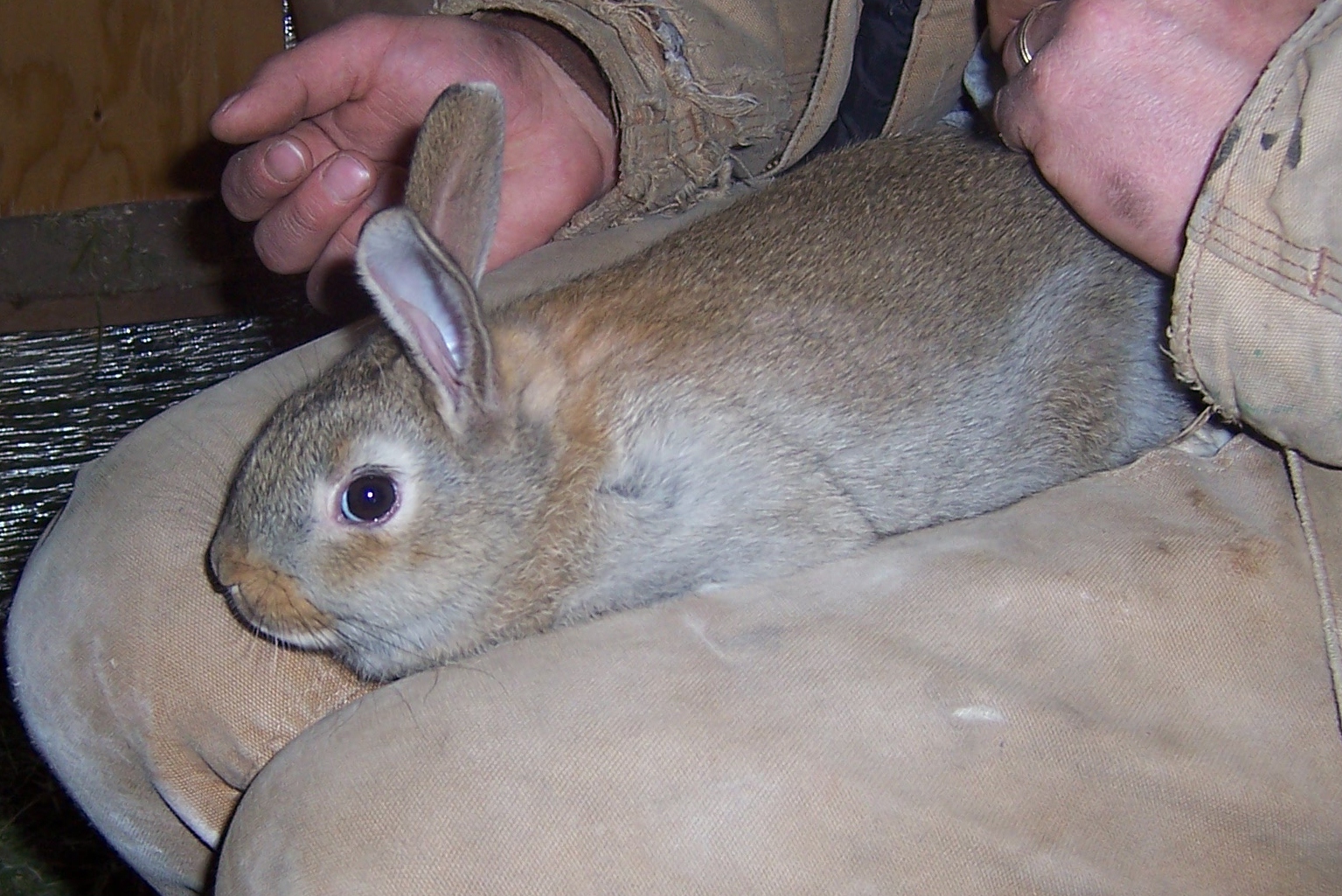Weaning rabbits is an important process for young rabbits. It is the process of gradually introducing young rabbits to solid foods and taking away their mother’s milk. Weaning is essential for the healthy development of the young rabbit, and it is important to understand the process and the care that should be taken when weaning rabbits. This article will provide you with all the information you need to know about weaning rabbits, including the best age to start weaning and the types of foods to feed your rabbit.
What is Weaning?
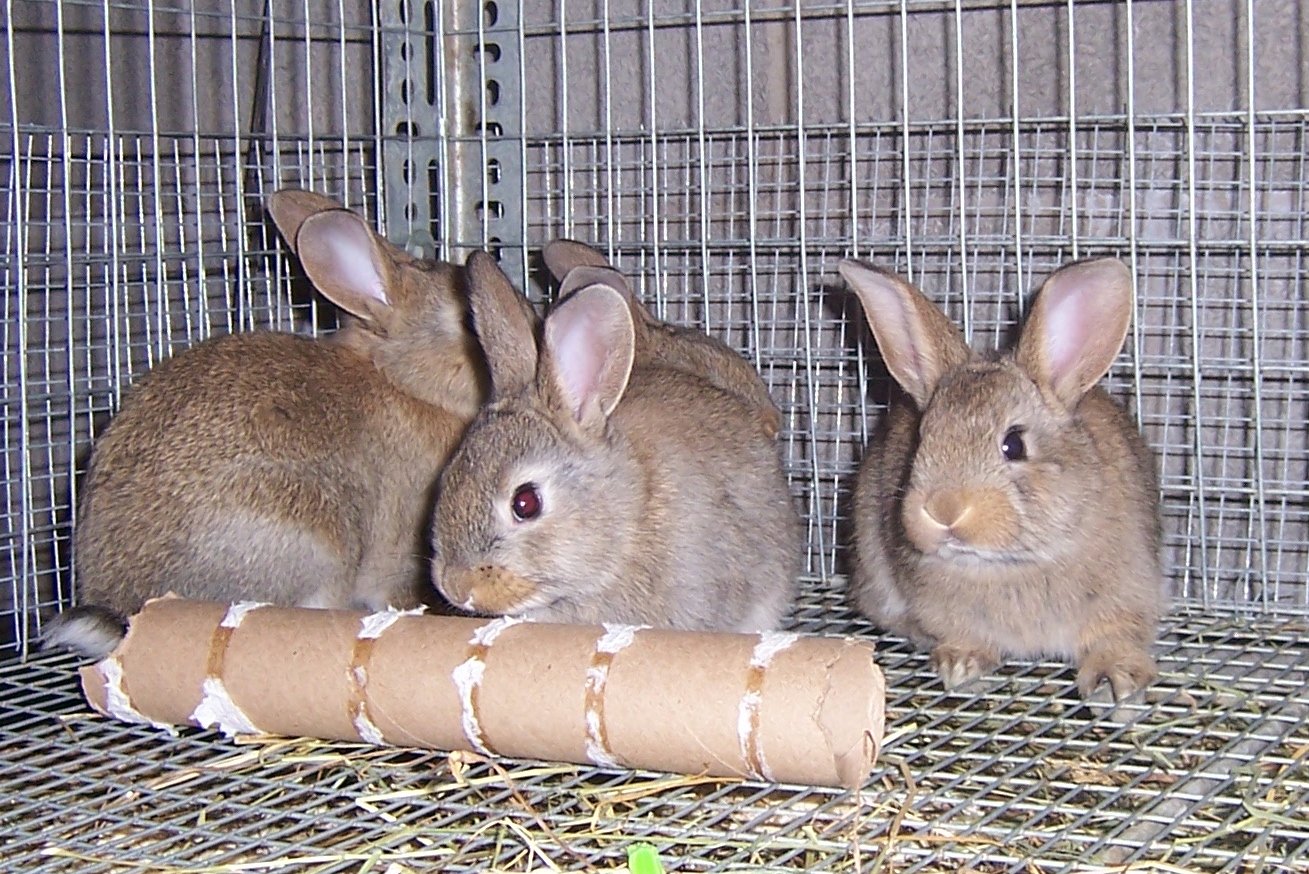
Weaning is the process of transitioning a baby animal from their mother’s milk to solid food. In the case of rabbits, weaning is an important step in their development. It also helps to reduce their dependence on their mother’s milk and encourages them to explore their environment and start consuming other foods.
When it comes to weaning bunnies, it is important to remember that they will still depend on their mother’s milk for the first few weeks and that they will need to be gradually weaned off it. Here are some interesting facts about rabbit weaning:
- Weaning Period: The weaning process typically begins when a bunny reaches four to six weeks of age and is usually complete by eight weeks of age.
- Mother’s Milk: The mother’s milk is rich in protein, fat, and carbohydrates and is essential for the growth and development of the baby rabbits.
- Solid Foods: After the weaning period, the baby rabbits will start to eat solid foods such as hay, fresh vegetables, and pellets.
- Nutrition: Weaning is important for the rabbits as it helps them to receive adequate nutrition and to develop their digestive system.
- Exploration: Weaning also encourages the baby rabbits to explore their environment and find new sources of food.
Weaning is an important process in the life of a baby rabbit and it should be done carefully and gradually to ensure that the bunny is receiving adequate nutrition and is able to explore its environment.
What are the Benefits of Weaning Rabbits?
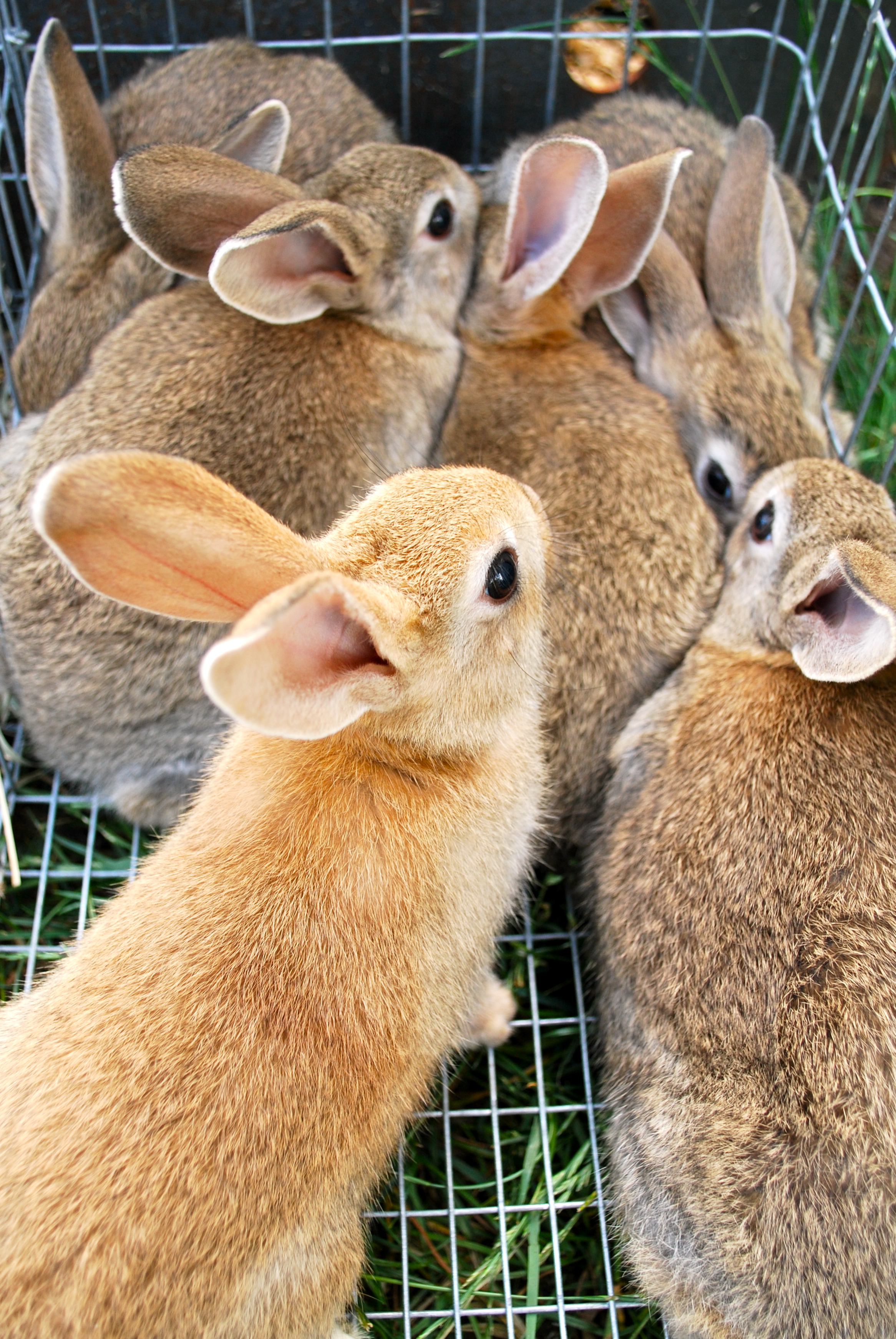
Weaning rabbits offer several benefits for rabbit owners, from helping them to bond with their pets to reducing stress.
Improved Bond
The process of weaning rabbits involves the owner being involved in the rabbits’ lives and allows them to get to know their pet better. This can help to create a stronger bond between the owner and the rabbits.
Reduced Stress
Weaning rabbits can reduce stress on both the rabbits and their owners. By providing a safe and secure environment, with plenty of space, rabbits will be less likely to become stressed or anxious. This can lead to a healthier and happier life for the rabbits.
Healthier Diet
Weaning rabbits can help to ensure that they are receiving a healthy, balanced diet. By providing a variety of fresh vegetables and fruits, as well as hay, rabbits will be able to get all the nutrition they need. This can help to keep them healthy and reduce the risk of illness.
Reduced Risk of Injury
Weaning rabbits can also help to reduce the risk of injury. By providing a secure, enclosed area, rabbits will be less likely to get injured, as they will not be able to escape or roam freely. This can help to keep them safe and healthy.
Faster Growth
Weaning rabbits can also help to promote faster growth. By providing a healthy diet, rabbits will be able to grow quicker and stronger. This can help to make sure that they reach their full potential.
Increased Lifespan
Finally, weaning rabbits can help to increase their lifespan. By providing a safe and secure environment and a healthy diet, rabbits can live longer and healthier lives. This can help to ensure that they are around for years to come.
When do you Wean Rabbits?
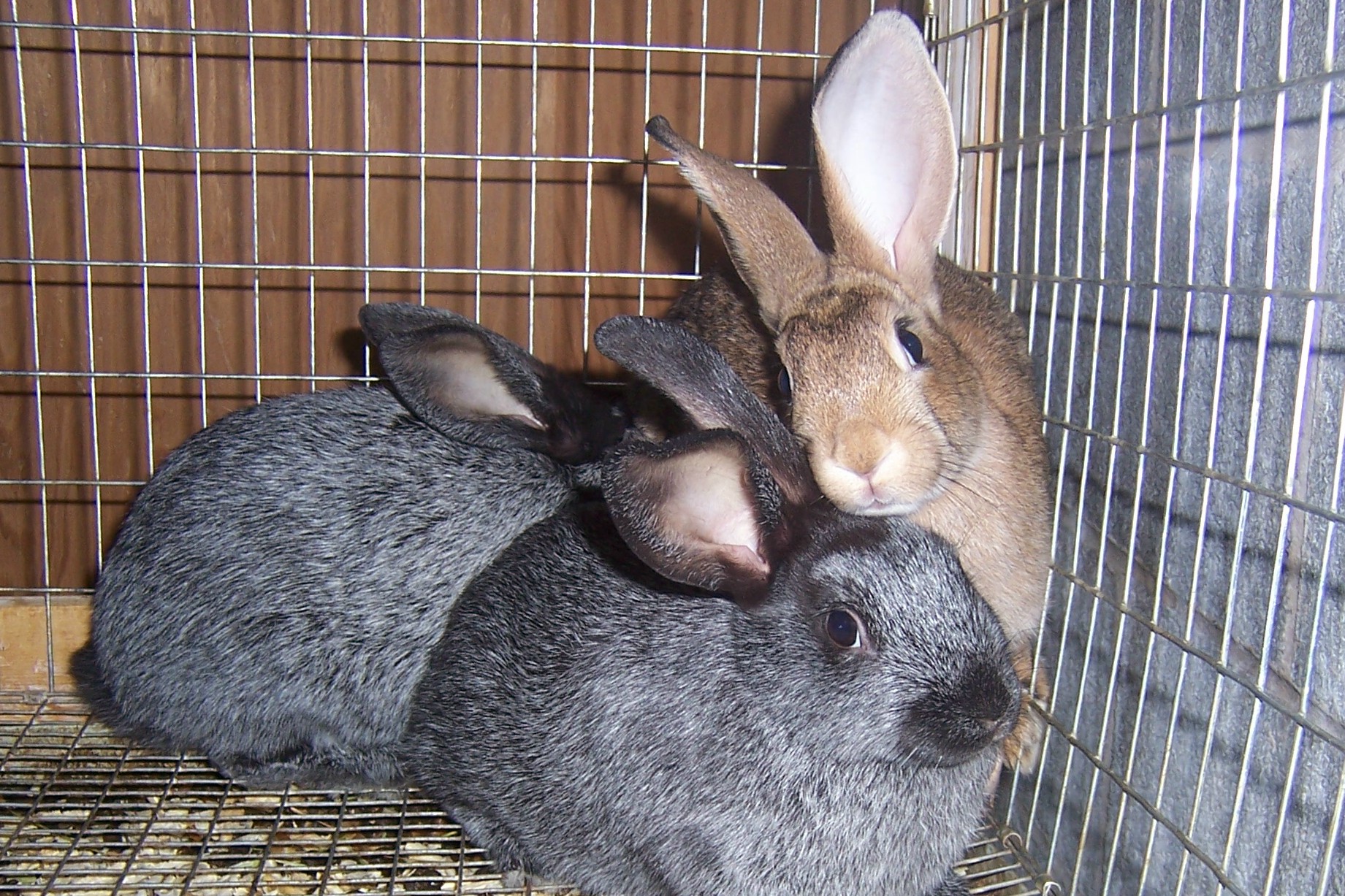
Baby rabbits are usually ready to leave their mother’s side after four weeks of age. At this point, they are usually weaned and can begin to live on their own.
Baby Rabbits Can Leave their Mothers at 4 Weeks
At four weeks, baby rabbits are typically weaned and ready to leave the nest. At this age, they are old enough to eat on their own and find food in the wild. They will still need a warm, safe place to sleep and shelter from the elements, but they will no longer rely on their mothers for food.
When to Wean Bunnies
It is important to note that the process of weaning rabbits should not be rushed. Baby rabbits should still be with their mother until they are at least four weeks old. This will ensure they are properly nourished and have the necessary skills to survive on their own. If the mother rabbit is not available, then the weaning process can begin at an earlier age, but it is important to ensure the rabbits are getting the proper nutrition.
How to Wean Rabbits
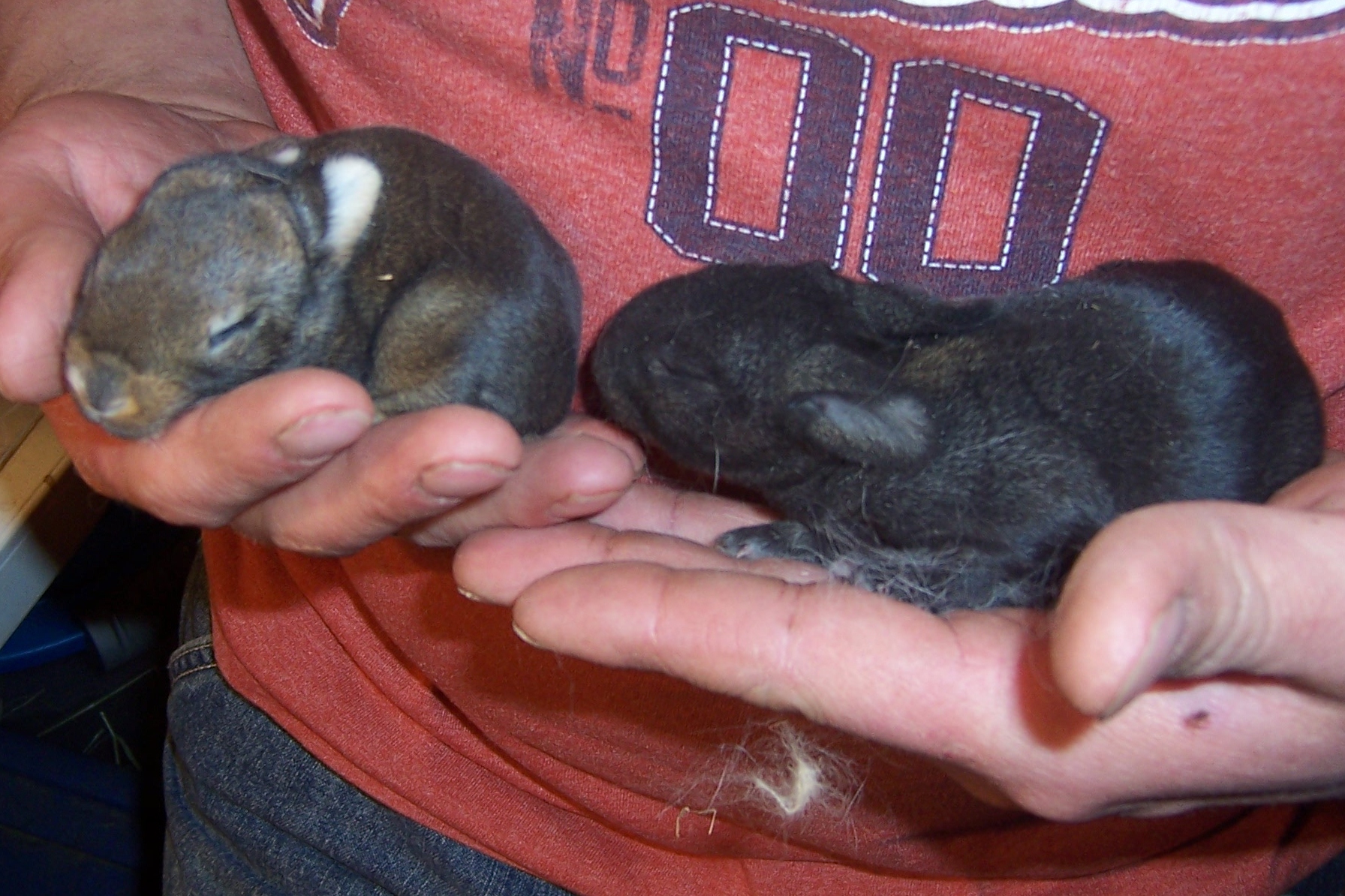
- Start Early: Weaning should start at around 4 weeks of age, as rabbits can start nibbling on hay and pellets from as young as 3 weeks old.
- Introduce New Foods Slowly: Introduce new foods gradually and one at a time to help the rabbit get used to them. Offer only small amounts of hay and pellets each day, and increase the quantity over time.
- Provide Nutrient-Rich Foods: Provide the rabbit with a variety of fresh, nutrient-rich foods such as hay, fresh vegetables, and herbs. Avoid sugary treats and processed foods.
- Encourage Drinking: Provide fresh, clean water for the rabbit to encourage drinking. Introduce water bottles and bowls for drinking.
- Monitor Eating Habits: Monitor the rabbit’s eating habits to ensure it is eating enough and is able to digest the food properly.
- When to Wean Rabbits: Weaning should be completed by 8 weeks of age, as this is the age at which the rabbit’s digestive system is fully developed.
Potential Risks of Weaning Rabbits
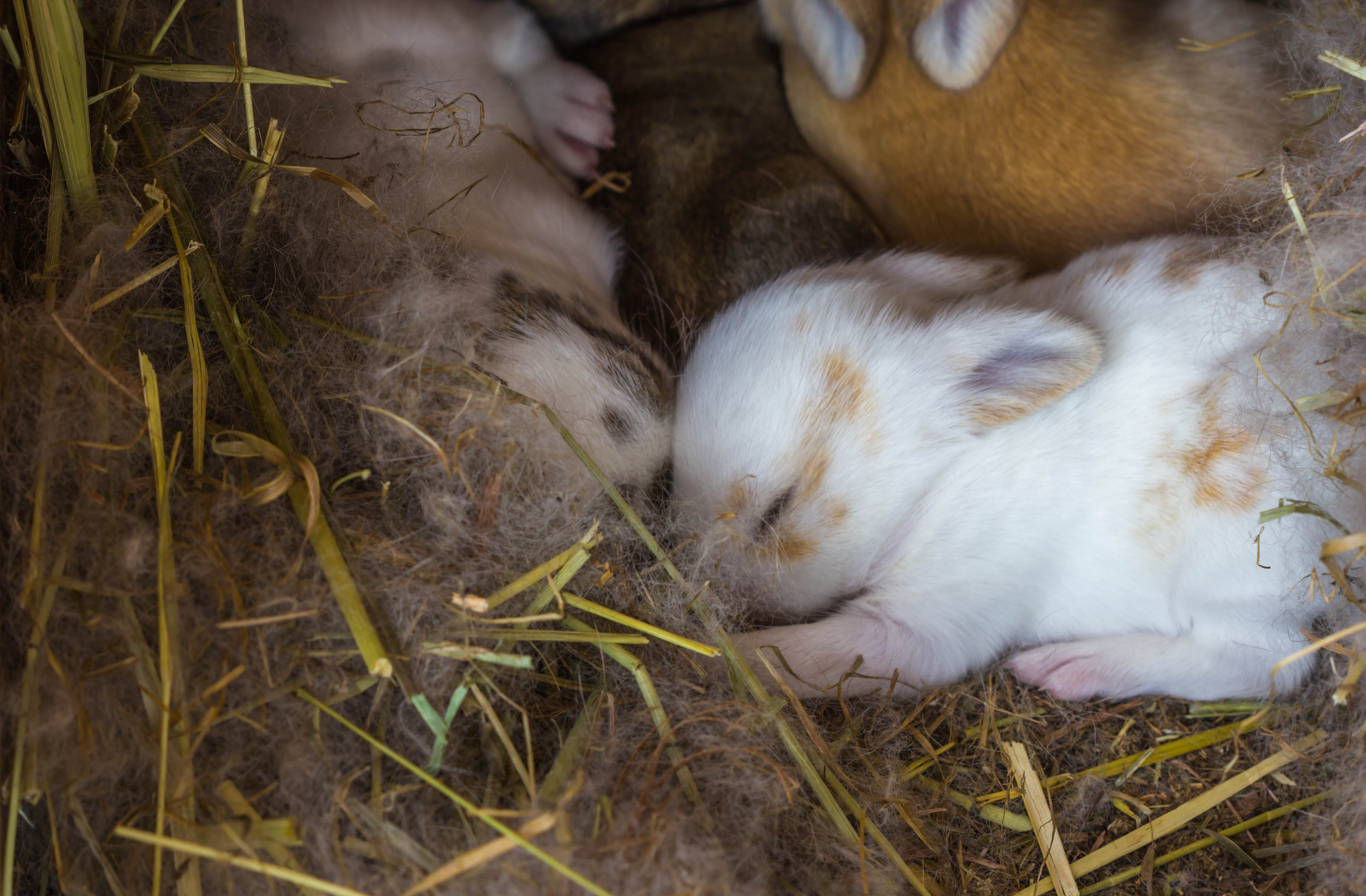
Weaning rabbits can be a difficult and potentially risky process. The following are some of the potential risks associated with weaning rabbits:
- Malnutrition: If the baby rabbits are weaned too early, they may not receive the nutrients they need to stay healthy. This can lead to malnutrition and a variety of health issues.
- Injury: Baby rabbits can easily be injured when they are weaned from their mother. They may also be injured by their mother if she becomes aggressive during the weaning process.
- Stress: Weaning rabbits can be a stressful process for both the mother and the baby rabbits. This stress can lead to a variety of health issues and can even cause the mother to abandon her babies.
- Death: When are baby rabbits weaned too early, they may not be able to survive without their mother’s milk. This can lead to death due to starvation or dehydration.
It is important to be aware of these potential risks when weaning rabbits and to make sure that the process is done properly and with the best possible care.
Socializing Weaned Rabbits
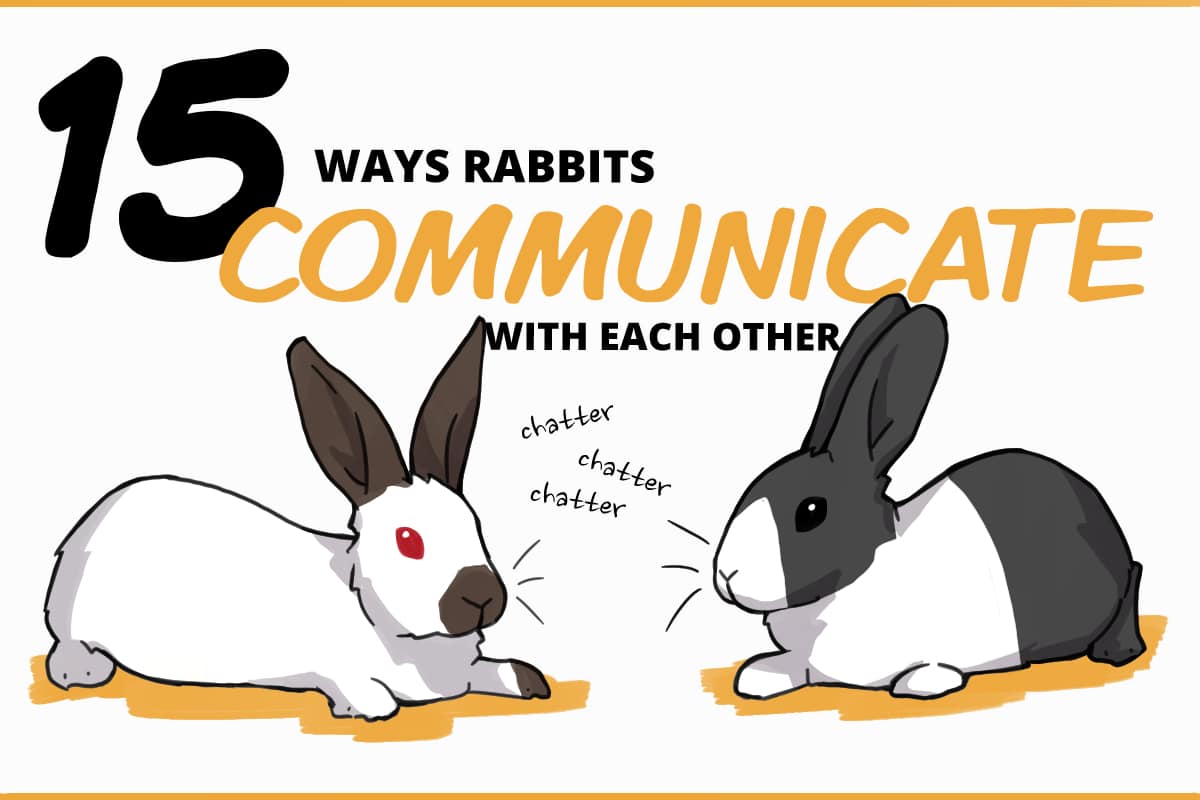
Weaning rabbits is a natural process that occurs at around 4-5 weeks of age. After the rabbits have been weaned, it is important to ensure that they are properly socialized.
Socializing rabbits is essential for their physical and emotional health, and will help them to become confident, contented animals.
- Start by introducing your weaned rabbits to each other in a neutral environment, such as a pen or a cage.
- Allow them to explore and become familiar with each other.
- Provide plenty of toys, tunnels and other stimulating activities to encourage social interaction.
- Allow the rabbits to interact without supervision, but remain nearby in case there are any signs of aggression.
- When the rabbits seem comfortable with each other, you can gradually increase their time together.
- Provide them with plenty of opportunities to play and explore their environment together.
- It is important to monitor their interactions and adjust the amount of time they spend together accordingly.
It is important to note that can rabbits leave mom at 4 weeks? In most cases, the answer is yes, as long as the rabbits have been properly weaned. However, it is always best to consult with a vet before separating young rabbits from their mother.
Feeding Weaned Rabbits
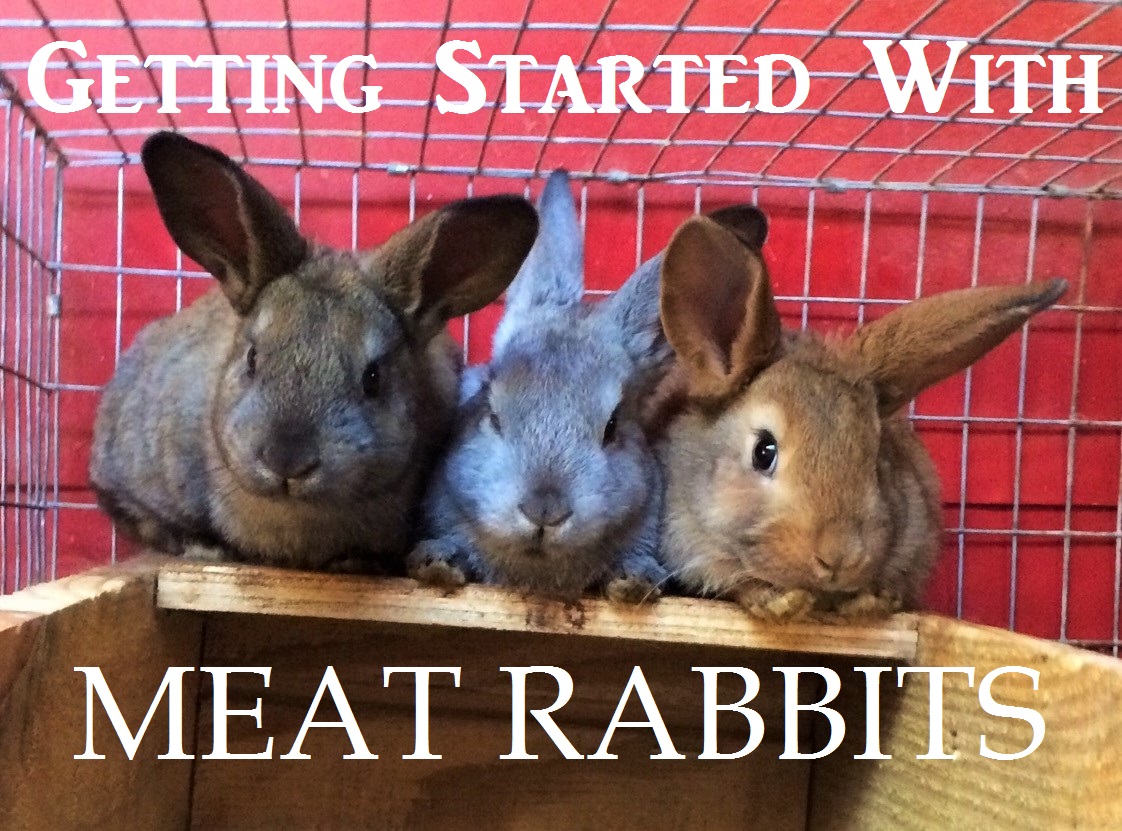
1. Hay: Hay should be a staple of a weaned rabbit’s diet and should be available at all times for them to nibble and graze on. Timothy hay is preferable as it is low in calcium, which can cause bladder stones.
2. Pellets: Pellets should make up a small part of a weaned rabbit’s diet. Young bunnies should be fed a high-fiber, low-protein pellet until 8-10 months of age.
3. Greens: Weaned rabbits should also have a variety of fresh, washed greens as part of their daily diet. Dark, leafy greens, such as kale and collard greens, are a great source of vitamins and minerals.
4. Fruits and Vegetables: Weaned rabbits should also be offered small amounts of fruits and vegetables such as apples, pears, carrots, and broccoli. These should only be offered as treats and should never make up more than 10% of the diet.
5. Supplements: Weaned rabbits should not need any additional supplements, but if a rabbit is not eating a balanced diet, a veterinarian may recommend a vitamin and mineral supplement.
6. Water: Fresh, clean water should be available to weaned rabbits at all times. Water should be changed daily to prevent contamination and to keep the water fresh.
After Weaning
Once rabbits reach 4-6 weeks old, they are ready to be weaned. It is important to do this gradually so the bunnies can adjust to their new diet. It is recommended to:
- Introduce new foods slowly – start small, with a limited amount of new food, and gradually increase it over time.
- Provide fresh water – make sure to offer fresh, clean water at all times.
- Offer hay – hay should be the main component of a bunny’s diet after weaning.
- Monitor the rabbits’ weight – weigh the bunnies regularly to ensure they are getting enough food.
- Provide adequate nutrition – offer a variety of fresh vegetables and fruits, as well as high-quality pellets.
After weaning, it is important to pay close attention to the rabbits’ health and diet. Monitor their behavior and weight, and make sure they are getting enough nutrition. If the rabbits are not eating properly or appear to be unhealthy, consult a veterinarian.
Frequently Asked Questions
What is the Ideal Age to Start Weaning Rabbits?
Rabbits should ideally be weaned from their mother’s milk at around 4-5 weeks of age. This is when they start to eat solid foods and will no longer need the additional nutrition from their mother’s milk. It is important to keep in mind that rabbits should not be weaned too early, as they need their mother’s milk to develop properly and stay healthy. Weaning should also be done gradually, to give the rabbits time to adjust to their new diet.
Is it Possible to Wean Rabbits Too Early?
Yes, it is possible to wean rabbits too early. Rabbits should be weaned at 6-7 weeks old, as this is when they become independent and start eating their own food. Weaning them before this age can cause health issues and stress, as the rabbits are not ready to be independent. If a rabbit is weaned too early, it is important to monitor its diet and provide extra supportive care.
What are the signs that a rabbit is ready to be weaned?
Age: Rabbits should be weaned between 6-8 weeks of age. At this age, they should have their full set of teeth and be able to eat hay and pellets.
Weight: Rabbits should have gained enough weight to be able to eat solids on their own.
Behavior:
- Rabbits should be actively seeking out solid food and no longer depend on their mother for nourishment.
- Rabbits should be able to handle a variety of foods, including hay, pellets, and fresh vegetables.
- Rabbits should be able to drink from a water bottle or bowl.
- Rabbits should be able to groom themselves and keep their coat clean.
If you observe these signs, then your rabbit is ready to be weaned.
Is it necessary to give rabbits extra nutritional supplements while they are weaning?
No, it’s not necessary to give extra nutritional supplements while weaning rabbits. However, it is important to make sure that their diet consists of high-quality hay, fresh vegetables and a small amount of pellets. Weaning rabbits should be given an unlimited supply of hay and fresh vegetables, as these are essential for a healthy diet. Pellets should be limited to about one tablespoon per day, as they are high in calories and can lead to obesity. If you provide your rabbits with the correct diet, then they should not need any additional supplements.
What should I do if my rabbit refuses to eat solid food during the weaning process?
Do not panic:
- Most rabbits are apprehensive of new food, so it is normal for them to take some time to adjust.
- Continue to offer the solid food to your rabbit, and do not give up.
- Be patient. If your rabbit does not eat the solid food, they will still be getting all the nutrients they need from their mother’s milk.
Monitor their diet:
- If your rabbit is still not eating the solid food after a few days, it is important to monitor their diet to make sure they are getting enough nutrients.
- For this, you should weigh your rabbit regularly to ensure that they are gaining weight. If they are not gaining weight, you should discuss further options with your veterinarian.
Encourage your rabbit to eat solid food:
- If your rabbit is still refusing to eat solid food, you can try to encourage them by offering different types of food or adding flavorings or treats to their food.
- You could also try hand-feeding your rabbit the solid food, as this can help them become familiar with the food and encourage them to eat.
Conclusion
Rabbits should be gradually weaned from their mother’s milk after around five weeks of age. The weaning process should be slow and carefully monitored to ensure the rabbits remain healthy and well-fed. Providing adequate nutrition and a safe, comfortable environment can help ease the transition for both the mother and baby rabbits. With the right care, weaning can be a successful process for all.
